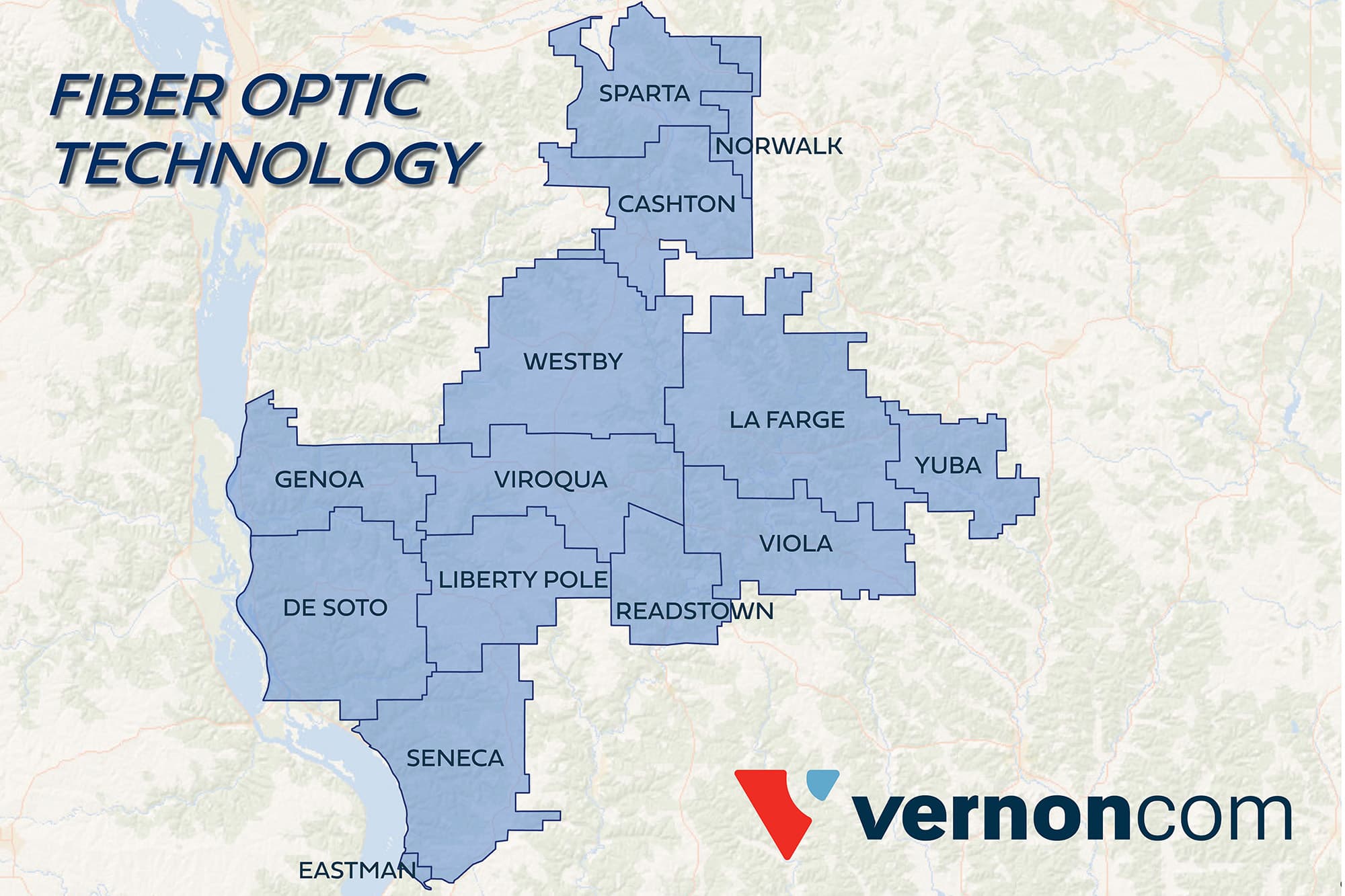
Directors
DISTRICT 1
Genoa, De Soto &
Crawford County Grant

Steven Woodhouse
Vice President
DISTRICT 3
Viola & Yuba, Liberty Pole & Readstown
,,.,

Daren Matthes
Director
DISTRICT 4
Viroqua
...

Trudy Wallin
President
DISTRICT 6
Westby Rural &
Monroe County Grant

Mark Cade
Director
DISTRICT 7
Westby City
....

Dan Nelson
Secretary/Treasurer
DISTRICT 8
La Farge & Cashton

Greg Lawton
Director
If you need to connect your District Director please contact our office at 608-634-3136 for more contact information.
Cooperative Membership
Cooperatives operate under laws, regulations, and rules as other businesses, but, cooperatives are different in the aspect that any profits, or margins, are returned to the members, who own the business. This means that all money left over after expenses are paid is returned to the members in the form of capital credits. Member allocations are based on the member’s billed services.
In simple terms, the more you put into the cooperative, the more you get back.
7 Cooperative Principles
1. Voluntary Membership
Any person who is willing to accept the responsibilities of the co-op membership and who wishes to use the services of a cooperative is welcome to become a member.
2. Democratic Member Control
Co-ops are controlled by their members. Members have control over setting policies for the co-op and making decision for the cooperative.
3. Member Economic Participation
Members contribute to the capital of the co-op democratically and equitably.
4. Autonomy & Independence
Co-ops are meant to be autonomous and democratically controlled, meaning they aren’t subject to control by outside organizations.
5. Education, Training & Information
A cooperative provides education and training to members and board members to allow them to contribute to the development of the Co-op. Cooperatives also seek to inform and educate the public about the mission and operation of a co-op.
6. Cooperation Among Cooperatives
Co-ops will often work together to improve the community and create a better world.
7. Concern For Community
The policies approved by the members of a cooperative should help to develop the community around the co-op in a sustainable way.

